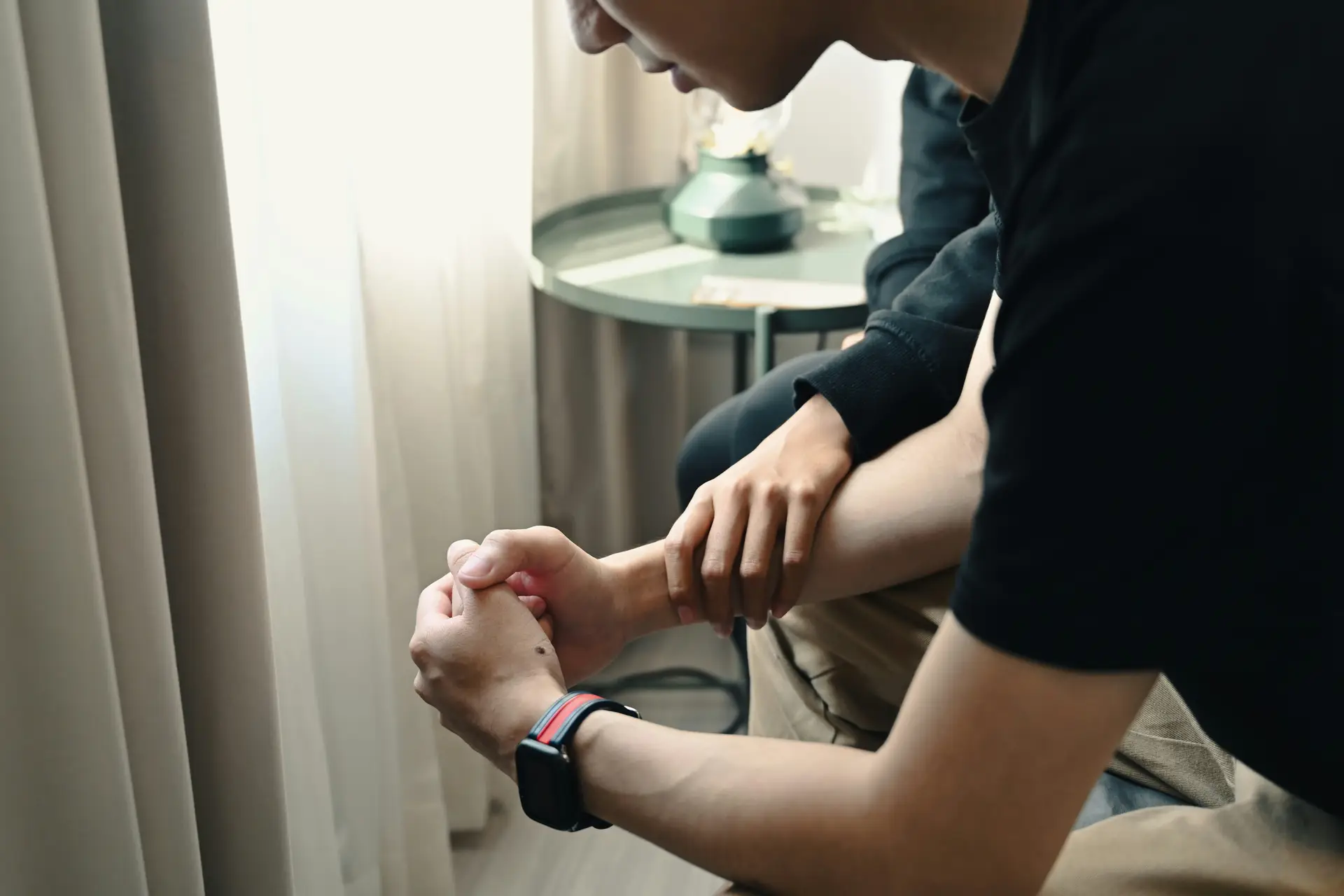Get Support
Open conversations, raising awareness, and providing support are essential in protecting young people from gambling-related harms. Below, you’ll find useful information to help you support individuals who may be at risk. If you need further guidance or assistance, don’t hesitate to reach out to us.
Where to get help?
You are not alone. It is never too late. Gambling related harms can be managed with support.
If you are worried about how gambling harms may be affecting you or someone you know, there is always something that can be done.
Under 18?
If you are struggling, you could speak to a trusted Adult or Teacher.
Reach out for FREE confidential support:
- Support for under 18s
- Support with Gambling, Gaming, and Crypto Harms
- Offer support via WhatsApp, web chat and via phone
- Support for under 18s
- Support for any mental health, wellbeing or safety concerns
- Offer support via Phone, Email, and text
Over 18?
If you are over 18, contact Ara’s 18+ helpline directly.
0330 1340 286
aragamblingservice@recovery4all.co.uk
We can arrange for you to speak with a professional within two working days.
We offer:
- Confidentiality
- Professional help
- Support for people who gamble
- Support for people affected by someone else’s gambling
- Practical advice
You can also find resources to block gambling sites from online devices here.


Supporting a Young Person Who May Be Gambling
With 96% of 11-24-year-olds seeing gambling ads, it’s vital we empower young people with the right knowledge and support.
It can be challenging to know how to talk to a child or young person who is gambling or affected by someone else’s gambling.
Our guidance can help you have open and supportive conversations about gambling. We can also connect you with the best support options available. Access our online learning portal to view our resources.
Young People Gambling Screening Tool
Answering these questions can help assess if you are at risk of experiencing harmful gambling. This questionnaire is anonymous, you decide what happens next. All information has been taken from the 2024 Gambling Commission report.
Low Risk
You’ve scored 0-1 – this indicates that you do not experience harms from your own gambling.
At Risk
You’ve scored 2-3 – this indicates that you are ‘at risk’ of experiencing harms from your gambling. We recommend you look at the “Where to get help” section and consider making changes to how you gamble.
High Risk
You’ve scored 4+ - this indicates that you likely be experiencing harm from your gambling. We recommend you look at the “Where to get help” section and contact one of the support agencies there. It would also be a good idea to talk about your gambling with someone you trust.
Remember, you’re not alone - there are people ready to help you find a way forward.
How Do I Start a Conversation with a Child About Gambling?
Create a Safe Space
Encourage open discussions where they can ask questions without fear of judgment. A supportive environment builds trust.
Be Honest & Open
Explain the risks of gambling and how it can lead to harmful behaviours. Raising awareness is key.
Lead by Example
The way adults approach gambling influences young people. Reflect on your own habits and the messages they may be receiving.
Offer Support
If they are struggling, reassure them that they are not alone. Let them know help is available.
Listen Actively
The more they feel heard, the more likely they are to open up about their thoughts and experiences.
Examples of How You Might Bring Up Gambling in Everyday Conversation

While Watching TV or Sports
“I’ve noticed a lot of ads for betting during games. Have you ever thought about why they show so many? What do you think about gambling?”
When They’re Playing Video Games
“Some games let you buy things like loot boxes where you don’t know what you’ll get. Do you think that’s similar to gambling? Why or why not?”
If a Celebrity or Influencer Mentions Gambling
“I saw that Drake was talking about betting online. Do you think a lot of young people are influenced by that? What do you think about it?”
When Talking About Peer Pressure
“Have you ever heard friends talk about betting on sports or playing gambling-style games? Do you think people ever feel pressured to join in?”
If They Ask for Money For Online Games
“Can you tell me more about what you’re buying in this game? Does it feel like a fair purchase, or do you feel like you’re taking a chance?”
During Big Sports Events
“A lot of people place bets during big games—why do you think that is? Do you think it makes the game more exciting or more stressful?”
When They’re Spending Time Online
“Have you ever seen gambling websites or ads pop up while you’re online? What do you think they’re trying to get people to do?”
If They Mention Winning Money or Prizes Online
“Have you ever played games where you can win real money or prizes? Do you think it’s skill-based or mostly luck?”
Online Gaming and Links to Gambling Harms
Did you know 91% of 3-15-year-olds are gaming? With the growing link between gaming and gambling, it’s more important than ever for parents and guardians to stay informed and keep their young gamers safe online.

Tips for Parents and Guardians
Know Their Friends
Ask who they are playing with and what they talk about in the game. This helps you understand the people they interact with online.
Understand the Game
Get familiar with the games they enjoy and understand how they work, including any in-game purchases or features like loot boxes.
Check Age Ratings
Use PEGI ratings and App Store ratings when selecting games to ensure they are age appropriate.
Use Airplane Mode
Set up "airplane mode" for younger players to prevent accidental online purchases.
Encourage Breaks
Encourage regular breaks – don’t let them play for long stretches without resting.
Disable Payment Info
Avoid saving payment details on their gaming devices to prevent accidental spending.
Watch for Changes
Pay attention to any changes in their behaviour, like increased frustration or anger, which could be signs they’re spending too much time gaming.
Are you Over 18 and need help with Gambling Harms
Ara offers free, confidential support for anyone affected by there own or someone else’s gambling related harms. Our experienced team is here to help you take the first step towards recovery.